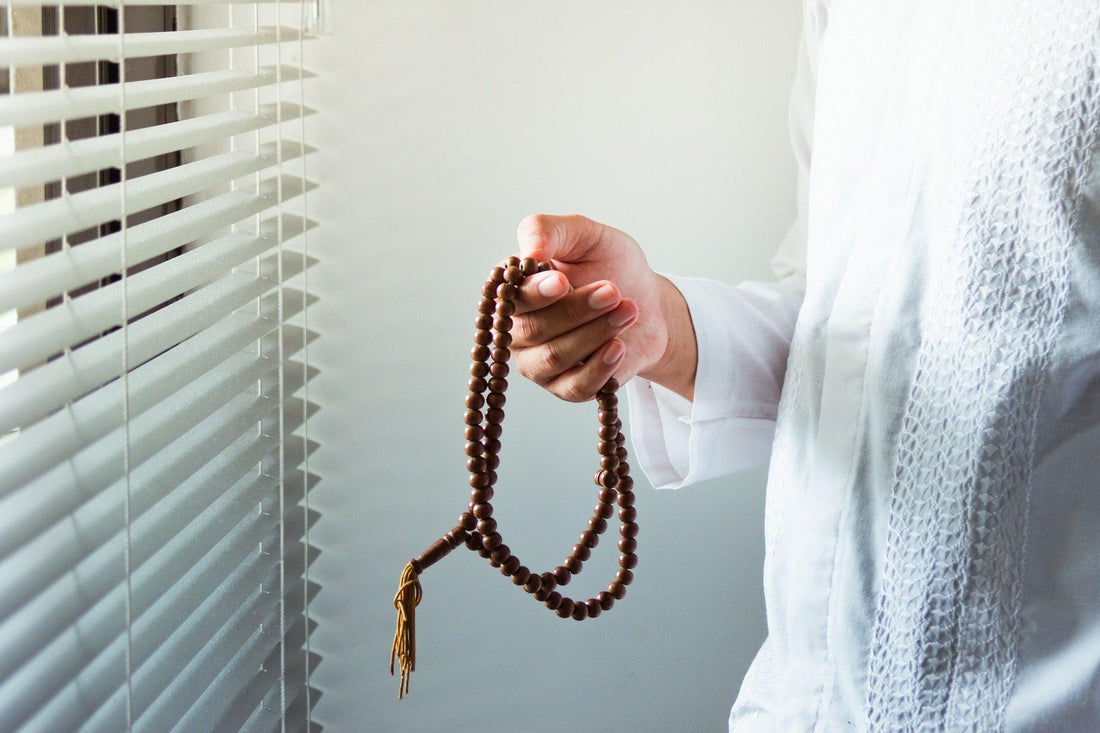Tasbih, also known as Misbaha or prayer beads, are an essential tool for spiritual practice and remembrance of Allah in the Islamic faith. They are usually made of 33 or 99 beads, and each bead represents one repetition of the tasbih or "remembrance of Allah."
Tasbih have been used for centuries as a way to focus the mind, connect with the divine, and gain spiritual growth. They are an important part of Islamic prayer and meditation, and are often used during the recitation of the Quran.
The use of tasbih dates back to the time of the Prophet Muhammad (peace be upon him) and is considered a traditional practice in many Islamic cultures. Many Muslims use tasbih as a way to keep track of their daily prayers and to remind themselves to remember Allah throughout the day.
Tasbih can be made from various materials such as wood, stone, or seed. Each material holds a unique significance and is believed to have different healing properties. For example, tasbih made from natural stones such as rose quartz or amethyst are believed to have healing properties for the emotions.
Tasbih can also come in different designs and sizes. Some are small and can be carried in a pocket, while others are larger and can be hung on the wall. Some tasbih come with a carrying case to protect them while on the go.
In conclusion, Tasbih are a powerful tool for spiritual practice and remembrance of Allah in the Islamic faith. They are an important part of Islamic prayer and meditation, and have been used for centuries as a way to focus the mind, connect with the divine, and gain spiritual growth. They can be made of various materials and come in different designs, each with its own significance and properties. If you are interested in incorporating tasbih into your spiritual practice, be sure to explore the different options available to find the best fit for you.

